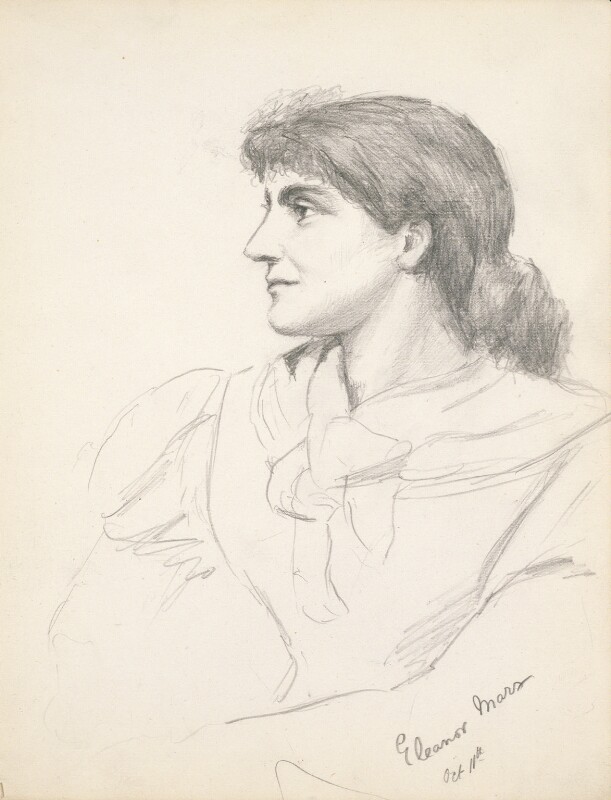Eleanor Marx and the case for Christmas trees
Socialism means happiness

In 1976, historian E.P. Thompson published a critical review of the second volume of the Eleanor Marx biography, written by Yvonne Kapp. The review is a fascinating read, as it contains elements of Thompson’s criticism of British Communist Party orthodoxy, as reflected in Kapp’s writings. It also engages a decade’s long debate about the late 19th century English socialist movement, the role of Friedrich Engels, and in turn the role of Eleanor Marx, the youngest of her father’s daughters, and a life-long socialist writer and organizer until her suicide in 1898.

Thompson expresses a strong preference for an earlier biography of Eleanor Marx written in 1967 by Chushichi Tsuzuki with the title The Life of Eleanor Marx, 1855–1898: A Socialist Tragedy. In this, Thompson seeks to rescue Eleanor Marx from being reduced to “the incomparable paragon and the all-wise Marxist homing pigeon that Yvonne Kapp would have her to be”. Thompson recalls our attention to a complicated and fascinating movement history, whose players include, in addition to Eleanor and Engels, the polymath and artist William Morris, Eleanor’s erstwhile political partner and wayward husband Edward Aveling, and noted critic of both Christianity and equality between the sexes, Ernest Belfort Bax.
Thompson offers a corrective to Kapp’s hagiography of Eleanor (“Tussy”) Marx and remembers her as “a very remarkable and gifted socialist whose gifts and services grew greater in her later years…[in which] she ceased to act as an élitist, a special person and ceased to skate in circles on the surface of the movement. ” He writes,
One must always admire ‘Tussy’ for her fight, her warmth, her enthusiasm and her loyalties. I have argued that we cannot and should not always admire her for her political judgement and actions, because this entails injustice to her fellow socialists and (more seriously) an almost religious belief in the all-wise guardianship of some Truth in the Marx and Engels circle. But we can, after 1889, increasingly admire her for her judgement also, as well as for a new humility which she learned in the course of her own personal tragedy.
In painting this picture of Eleanor Marx, Thompson recalls himself finding a letter of hers proposing in October 1885 that a Christmas Tree be organized for the children of the Socialist League:
We cannot too soon make children understand that Socialism means happiness. Perhaps some friends (I tremble a little at the thought of [Ernest Balfort] Bax) will object to a Christmas tree. If they or he sh[oul]d I will only remind them of the origin of the Christian festival – of the beautiful old Pagan feast that celebrated the birth of light. Let us, like the Christians, adopt this old story to our purpose. Is not Socialism the real ‘new birth’, & with its light will not the old darkness of the earth disappear?
A hopeful argument and sentiment for Christmas in these challenging times.
Categories
We want to hear what you think. Contact us at editors@tempestmag.org. And if you've enjoyed what you've read, please consider donating to support our work:
DonateAaron Amaral View All
Aaron Amaral is a member of the Tempest Collective and serves on the editorial board of New Politics.
